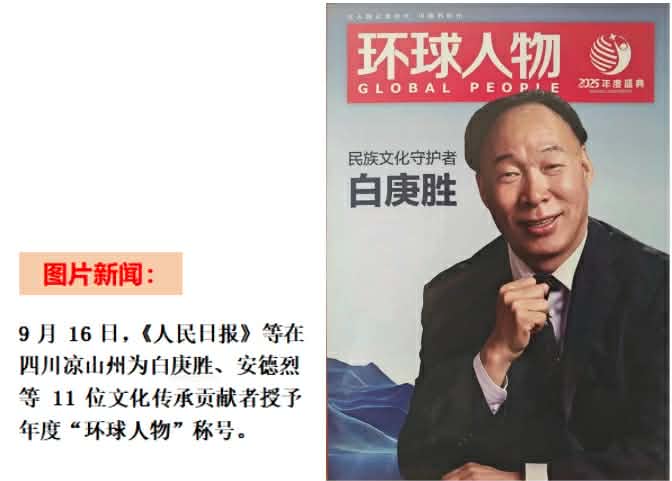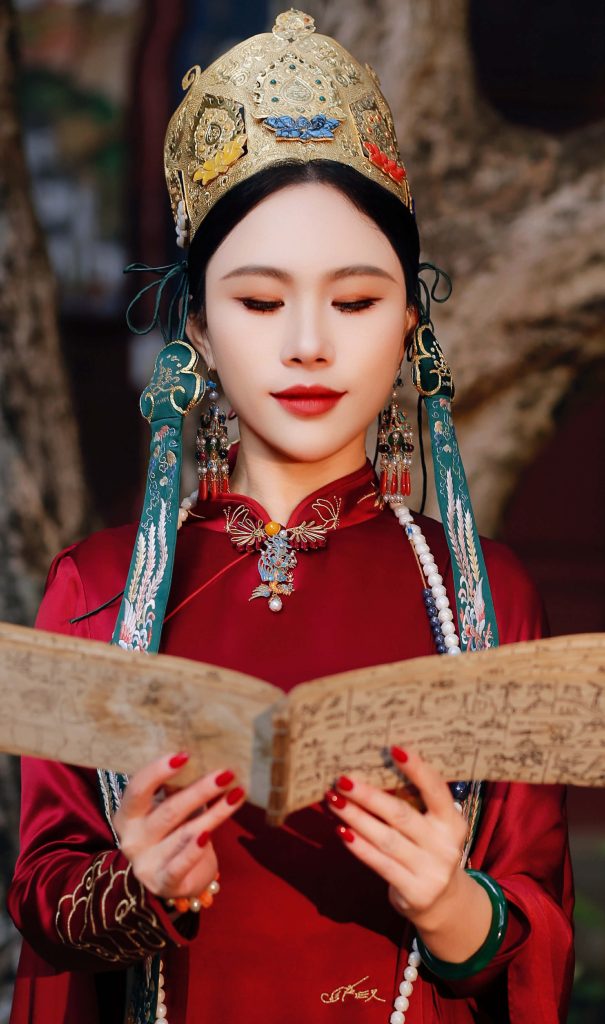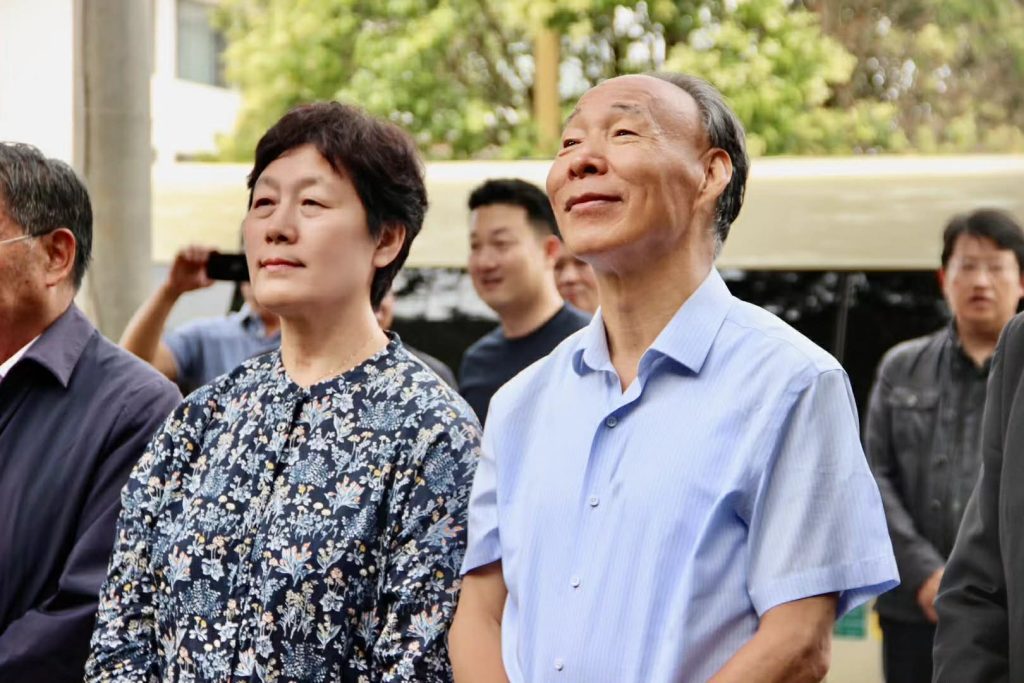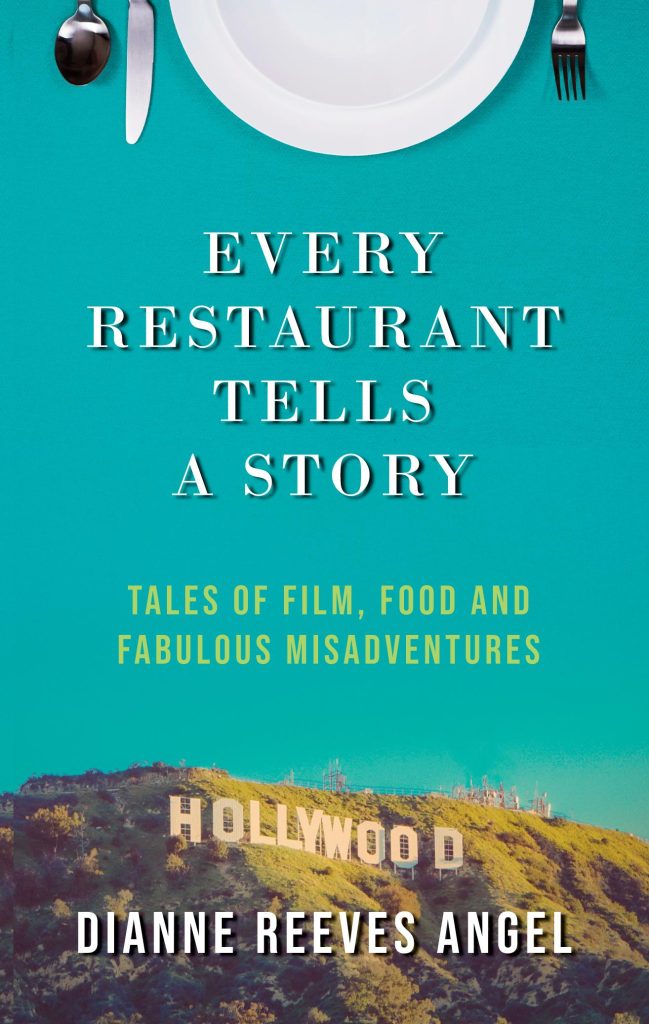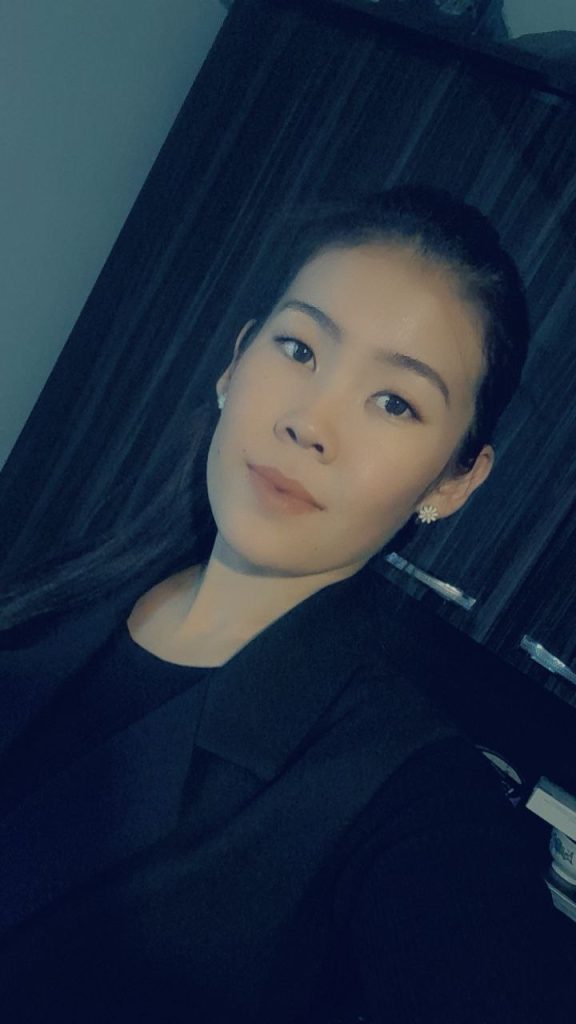
Termez State Pedagogical Institute
Faculty of Preschool Education
Student of Group 104
AMIRQULOVA GULSEVAR
Innovations in Education, Digital Transformation, and Pedagogical Technologies
ABSTRACT
In recent years, a large number of reforms have been implemented in our country, especially in the field of education. As a result of these reforms, modern teaching methods, digital transformation, and innovative pedagogical technologies have been introduced in all educational institutions, including vocational schools, general secondary and specialized secondary education institutions, as well as higher education institutions. Regardless of the type of education system, the state has created numerous favorable conditions for young people.
This article examines the essence, advantages, and disadvantages of the digital transformation process in education.
Keywords:
education system, innovation, digital transformation, innovative technologies, socio-pedagogical knowledge, educational innovations, educational process, effective organization of the learning process.
The education system plays a crucial role in the development of society. In the 21st century, digital technologies and innovations have brought education to a new level. Digital transformation refers to the introduction of digital technologies in all aspects of the education system and their effective application in the teaching and learning process. The impact of digital transformation on the education system leads to new forms of learning and teaching activities for both students and teachers.
Digital transformation is a process of fundamental reform of all sectors, including education, through the use of modern information and communication technologies (ICT). Uzbekistan is also one of the rapidly developing countries in this direction, where the widespread implementation of innovative technologies in education has become a priority of the national development strategy. The Presidential Resolution No. PQ-118 dated February 28, 2022, specifically emphasizes the development of the digital economy and the extensive use of ICT in all sectors, particularly in education. This has created a legal and institutional foundation for improving the quality of education in Uzbekistan based on modern technologies.
In the field of education, digital transformation involves the implementation of modern ICT at all stages of the educational process and the integration of traditional teaching methods with innovative technologies. This transformation contributes to improving the quality of education and developing students’ independent thinking, creative approaches, and problem-solving skills.
Digital transformation primarily simplifies the learning process and makes it more convenient, interactive, and learner-centered. For example, Learning Management System (LMS) platforms are used to deliver educational materials, monitor assignments, and conduct assessments through automated systems. This not only saves teachers’ time but also enables analytical monitoring of students’ learning activities.
Let us consider the advantages and challenges of digital transformation.
Advantages:
Access to education anytime and anywhere.
Opportunities for individualized learning.
Effective assessment and analysis.
Diversity of educational resources.
Challenges:
Uneven development of internet infrastructure.
Low level of digital literacy among teachers.
Reduction of face-to-face communication among students.
High cost of digital technologies.
Digital transformation in education also expands opportunities for open educational resources, online courses, and distance learning. Regardless of geographical or social barriers, students gain access to high-quality educational resources from anywhere in the world. This contributes to the democratization and inclusiveness of education.
However, digital transformation also presents certain challenges. These include insufficient internet infrastructure in some regions, limited professional capacity in the use of digital technologies, and inadequate ICT training among teachers. In addition, excessive reliance on digital tools may lead to decreased student concentration and a lack of real interpersonal communication, which can have negative consequences.
Digital transformation not only improves the quality of education but also enhances the intellectual potential of society as a whole.
Educational innovations refer to a set of forms, methods, and technologies applied to solve existing problems in the education sector or learning process through new approaches, ensuring significantly more effective results. Educational innovations are also referred to as innovative education. The concept of innovative education was first introduced in 1979 at the Club of Rome. Educational innovations can be classified as follows:
According to the field of activity: innovations applied in the pedagogical process and in the management of the education system.
According to the nature of changes introduced: radical, modified, and combined innovations.
According to the scale of changes: sectoral, modular, and system-level innovations.
According to the source of origin: innovations created or adopted directly by a collective.
The key difference between innovation and ordinary novelty is that innovation must have a flexible mechanism that allows for management and control. When discussing innovative pedagogical technologies, it is essential to consider the concept of pedagogical technology. The term “pedagogical technology” entered scientific use in 1872 in connection with technological progress and originates from the Greek words techne (art, skill, craft) and logos (science), meaning “the science of skill.”
Pedagogical technology represents the strategy for implementing information technologies and is based on knowledge related to the functional system laws of the “educational environment – learner.” The structure of pedagogical technology includes a conceptual foundation, the content of the educational process, and the technological process. Each pedagogical technology is based on a specific scientific concept. Its scientific concept encompasses philosophical, psychological, socio-pedagogical, and didactic foundations aimed at achieving educational goals.
The content of the educational process consists of general and specific objectives and the content of learning materials. The technological process includes the organization of the learning process, the activities of the teacher and students, methods of managing the educational process, and learning diagnostics.
Pedagogical technology is a field of knowledge in which values such as freedom of thought, loyalty, humanism, and patriotism are cultivated in both teachers and students. In modernized education, contemporary lessons are essential to consistently and comprehensively develop students’ knowledge and potential.
At the same time, extensive efforts are being made in our country to apply pedagogical and information technologies in the educational process. The scientific and theoretical foundations of this issue, as well as the specific features of each pedagogical technology, have been developed, and sufficient practical experience has been accumulated. Foreign organizations also provide close support in implementing pedagogical and information technologies in education.
In G.K. Selevko’s textbook “Modern Educational Technologies,” various technologies used in the educational process are compiled, along with their scientific-theoretical and methodological foundations, classification, and mechanisms for practical application.
References
Karimov, I.A. High Spirituality Is an Invincible Force. Tashkent: Ma’naviyat, 2008, 176 p.
Decree of the President of the Republic of Uzbekistan “Digital Uzbekistan – 2030” Strategy and Resolution No. PQ-4883 dated October 5, 2020, on its implementation.
Abdullayeva, M., Komilov, F. Information and Communication Technologies. Tashkent: Science and Technology, 2021, 200 p.
Anarbayeva, F.U., Abdullayeva, M.V. Digital Transformation of the Higher Education System in the Context of the Digital Economy. The Journal of Economics, Finance and Innovation, 2023.


